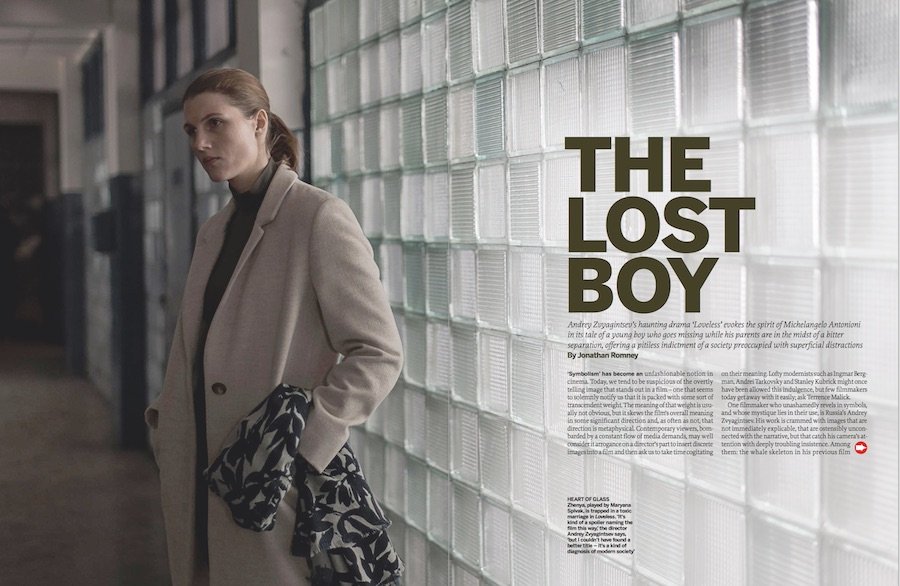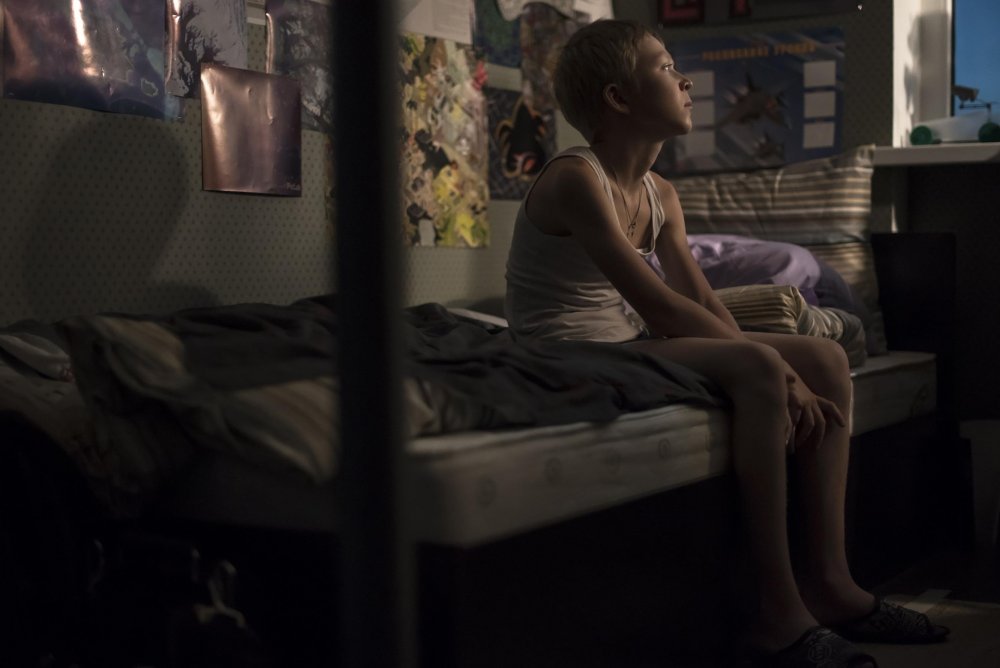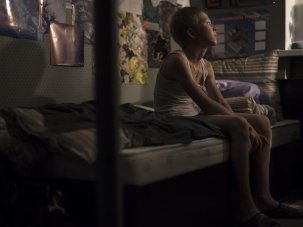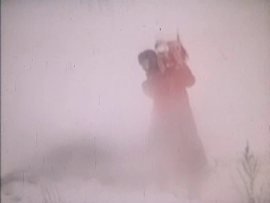The Russian filmmaker Andrey Zvyagintsev likes grand statements. In order to suggest the enormity of corruption and graft in Russian politics, he titled his 2014 film Leviathan. Now, in tackling what he sees as his homeland’s deficit of empathy and fellow feeling, he gives us Loveless.
Russian Federation/France/Germany/Belgium 2017
Certificate 15 122mins approx
Director Andrey Zvyagintsev
Cast
Zhenya Sleptsov Maryana Spivak
Boris Sleptsov Alexey Rozin
Alyosha Sleptsov Matvei Novikov
Ivan, co-ordinator Alexey Fateev
[2.35:1]
UK release date 24 January 2018
Distributor Altitude Film Entertainment
loveless.film
► Trailer
Such big-picture thinking has earned Zvyagintsev a spot on the world stage, with Cannes competition slots and prizes. He belongs there: on a shot-for-shot, cut-for-cut basis, his output could be taken for the work of a young(ish) master, a grim perfectionist in the Haneke mould. But for all their size and spaciousness – a stately parade of carefully strategised widescreen compositions pointing up barely concealed subtexts – his movies also feel curiously puny. They shrink down when they should expand.
Loveless begins beautifully, with a tense, slow-cut sequence showing a group of high-school students meandering home through a pristine, snow-covered Moscow suburb. Gradually, the camera singles out 12-year-old Alexey (Matvei Novikov) as he takes a detour into the woods, winding his way through icy avenues of trees, whose branches reach out like greedy, skeletal fingers.
With the isolation of the setting and the slow, creeping severity of the editing, we’re primed to expect something terrible, so it’s a relief when the kid makes it home in one piece. Except not really, because his mother and father are in the midst of a terrible fight. Already ensconced in separate romantic relationships as their marriage is crumbling, Boris (Alexey Rozin) and Zhenya (Maryana Spivak) seem to hate each other more than they love their son, and barely register his presence when he arrives.

Maryana Spivak as Zhenya Sleptsov with Novikov as her son Alexey
The theme here is neglect, and Zvyagintsev’s shivery prologue is just so much artful goldbricking en route to a full (and fully pretentious) immersion in said theme. Alexey does eventually disappear from under his parents’ noses; and as this is a capital-A Art Film, there’s never really any suspense about whether or not he’ll be found, even as the plot starts to take the form of a procedural. The orange-jacketed search parties wandering the forests in search of the missing boy exist strictly on the level of striking imagery, while the cops who take on the case are mere stand-ins for institutional futility. The characters have no life beyond what they symbolise, including Alexey himself, whose absence is the biggest metaphor of them all: he’s the lost innocence of a society deep in the throes of self-absorption.
It’s worth pointing out, perhaps, that Zvyagintsev seems more comfortable associating this selfishness and narcissism with female figures; where Boris is merely feeble, Zhenya is actively shrill, nasty and vain (she spends an inordinate amount of time at the beauty salon), while implicitly shallow, materialistic women can be glimpsed stealing cellphone selfies around the edges of the frame. The dim view of human nature on display doesn’t feel arrived at so much as imposed, and nothing lands with a light or deft touch, especially not the script’s attempt to link personal tragedy to political torpor. By the time we’re watching a character running miserably in place in a jumpsuit with the word ‘Russia’ literally emblazoned across the chest, Loveless could almost be taken for a thick, glistening slab of parody.
In the March 2018 issue of Sight & Sound

The lost boy
Andrey Zvyagintsev’s haunting drama Loveless evokes the spirit of Michelangelo Antonioni in its tale of a young boy who goes missing while his parents are in the midst of a bitter separation, offering a pitiless indictment of a society preoccupied with superficial distractions. By Jonathan Romney.
-
Sight & Sound: the March 2018 issue

Greta Gerwig on Lady Bird, plus girl friends in the movies, The Shape of Water, Loveless, The Touch, A Fantastic Woman, Dark River and our...
-
The Digital Edition and Archive quick link
Log in here to your digital edition and archive subscription, take a look at the packages on offer and buy a subscription.











